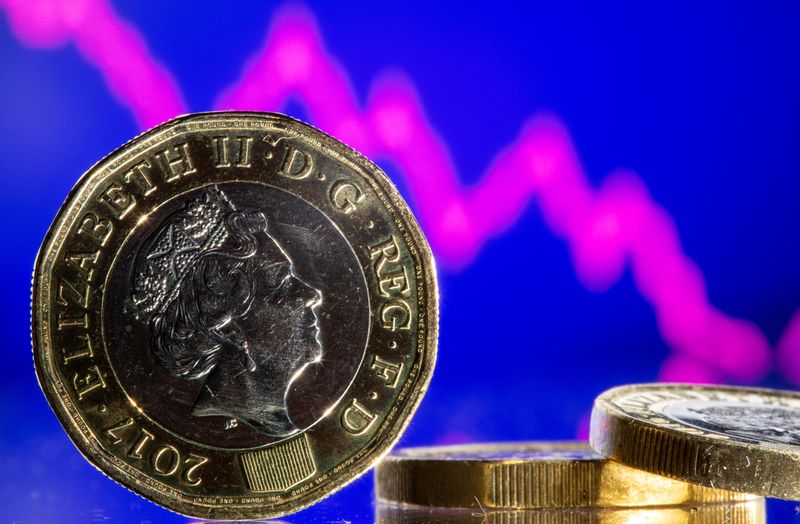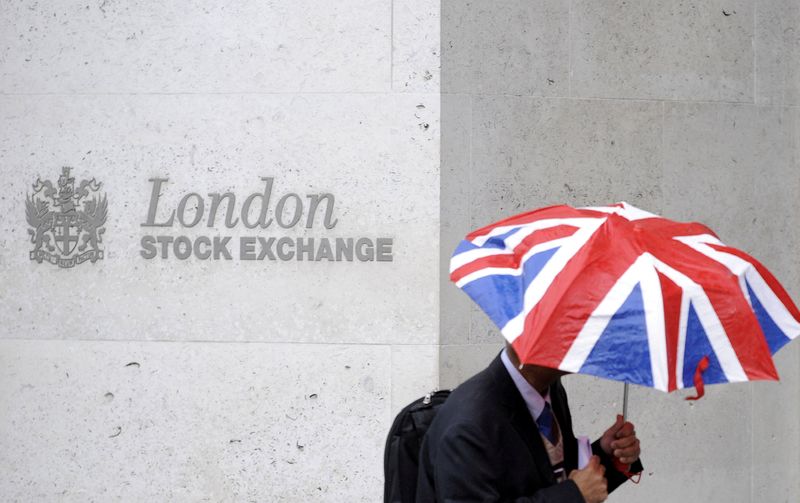By Nell Mackenzie
(Reuters) - The wild swings seen in British markets provided an "opportunity of a lifetime" to trade currencies and bonds, hedge funds and traders said on Wednesday.
Sterling and British gilts were whipsawed after the Bank of England stepped into stem a rout in bond markets triggered by Friday's mini-budget. The BoE said it would buy 65 billion pounds ($71 billion) of UK bonds as needed between now and Oct. 14 to stabilise markets.
Since Friday's UK mini-budget flagged 45 billion pounds worth of unfunded tax cuts, sterling has lost 6% of its value and hit record lows while British bond prices soared.
Investors that use signals in the economy to trade in government bonds and currencies say that Wednesday was a day to go big or go home.
John Floyd, a currency trader for 30 years and running his own hedge fund, Floyd Capital Management said a UK government policy to bulk up on UK debt and a central bank intent on raising rates but ending up buying bonds had created a perfect storm. Floyd declined to comment on how much money he had under management.
"The macroeconomic and geopolitical environment is providing some of the greatest profit opportunities in the currency space since the end of Bretton Woods in the early 1970s," said Floyd, referring to the U.S. global conference that established a set of guidelines for the international financial system.
Floyd is long the dollar and short the pound. He believes Wednesday's BoE intervention will shake confidence in the pound and "encourage people to look for further weakness."
"Intervention only works if it is in line with macro-economic fundamentals," said Floyd.
"Intervention in the gilt market to lower rates will make it that much more challenging to fund the external deficit and a weaker currency will be the equilibrating mechanism."
Family office portfolio manager John Taylor, a veteran currency trader, said the volatility he saw was worse than trading in 2008 when the global financial crisis took hold.
"The problem with today's markets is that I can't see the conclusion of all of this but it started with Brexit - when people decided that the world getting along was a thing of the past," said Taylor.
Taylor said he was short sterling and had been for most of the year. However, even if he had started trading now, he was still likely to have the same view on the pound.
"It's never too late to be short sterling," he said.

Another fund, with over $4 billion assets under management, which declined to be named, said that they were trying to maintain a measured approach. The fund, which was short the pound, said they were not trading as actively today because being short sterling was a longer-term strategy.
Year to date, hedge funds that trade on macroeconomic signals were up on average, 6.47% according to HFRX, a daily reporting index of hedge fund performance from HFR.
